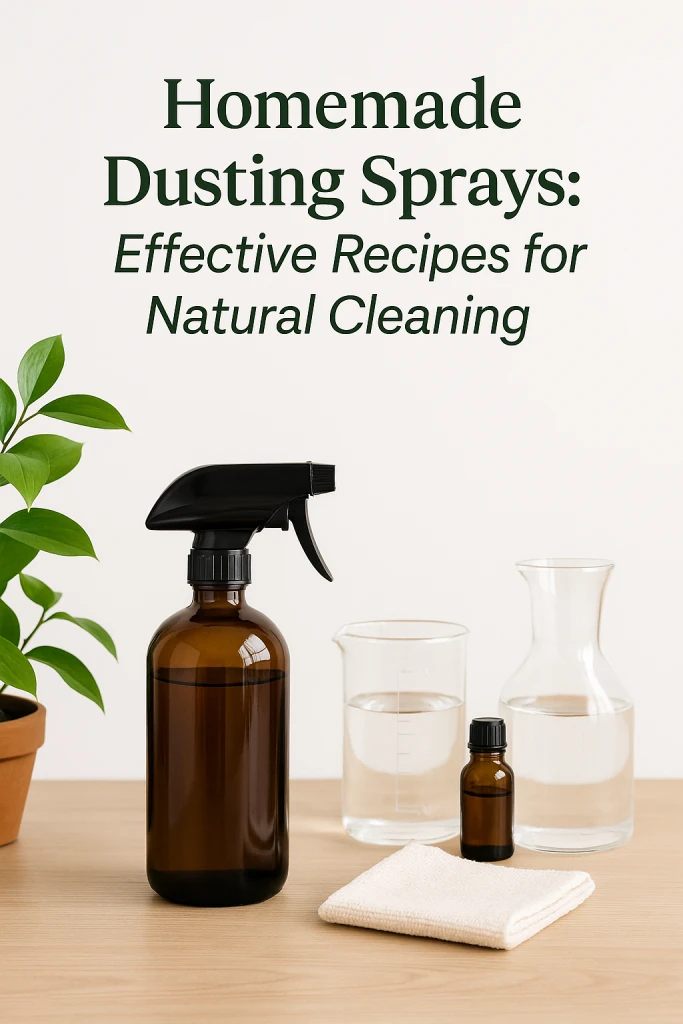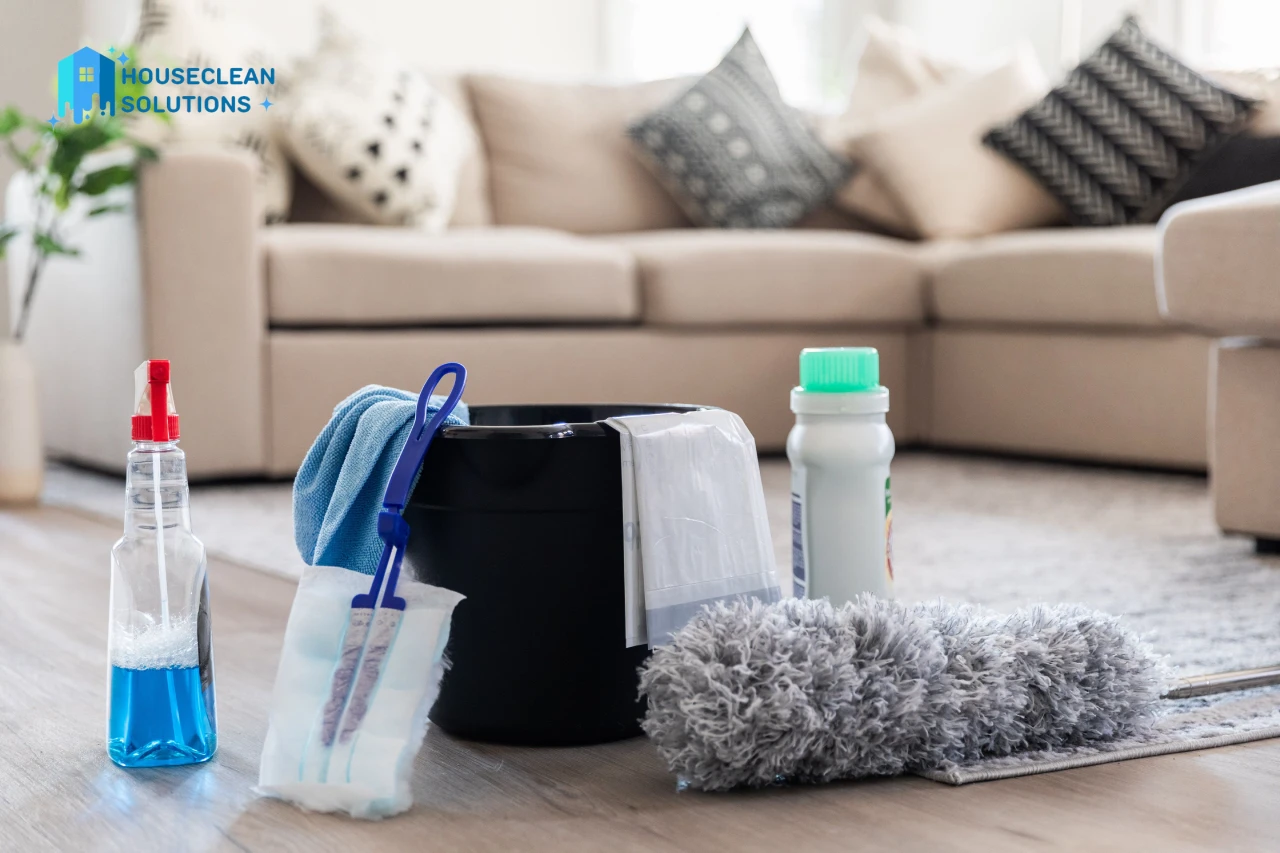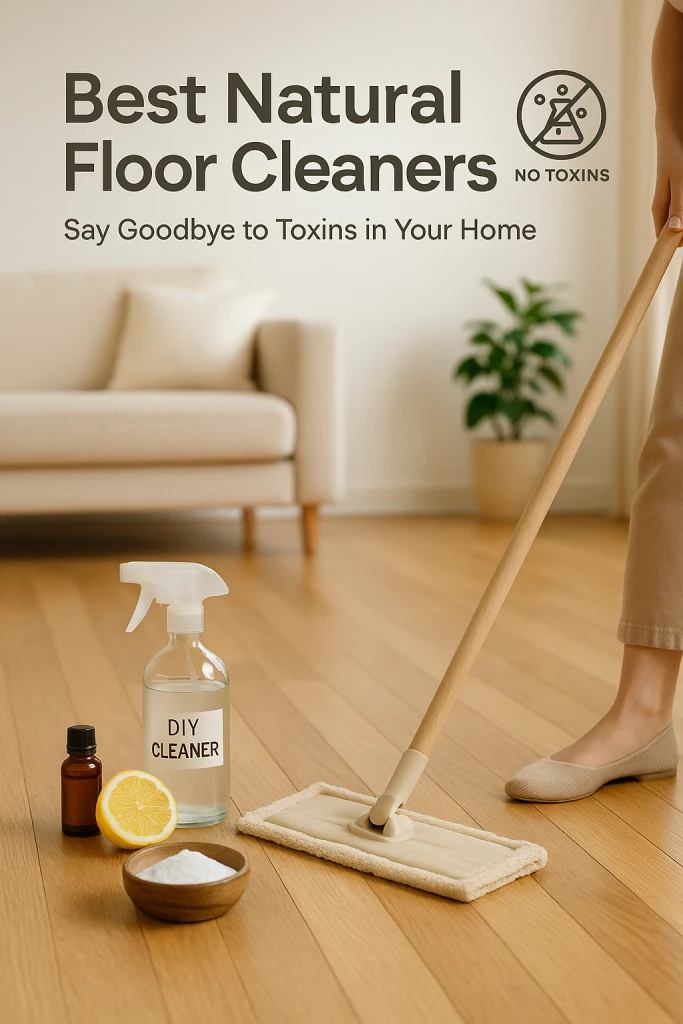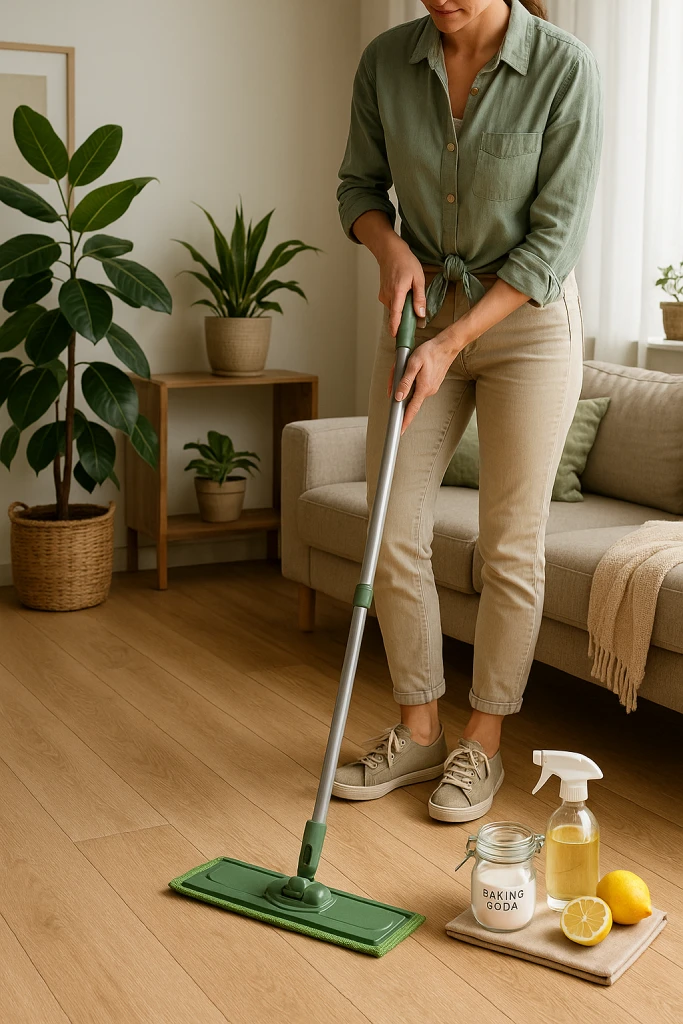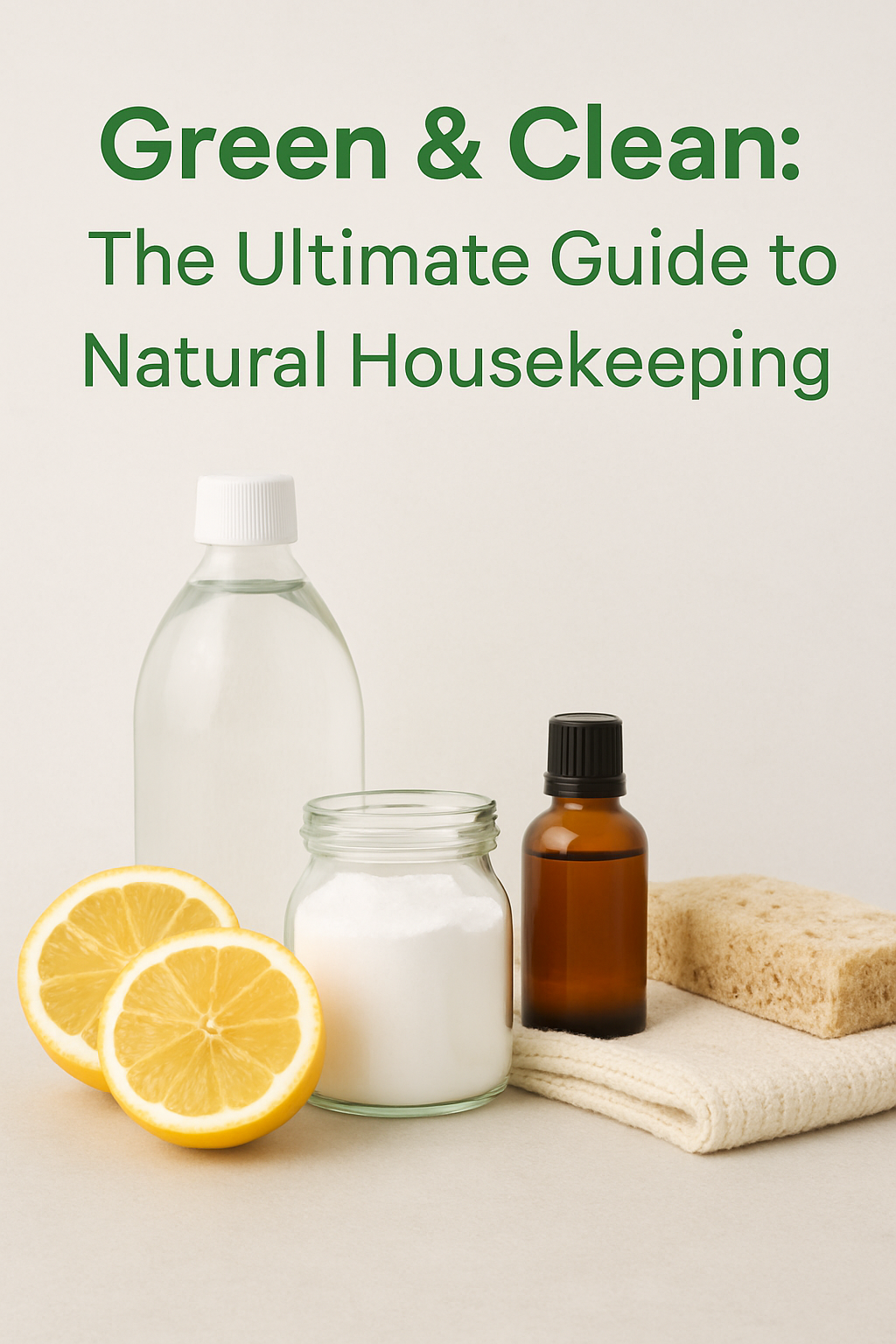Introduction
Looking for a safer, eco-friendly alternative to store-bought dusting sprays? Homemade dusting recipes offer powerful cleaning power without harsh chemicals. In this post, you’ll discover easy-to-make, natural dusting sprays that freshen surfaces and improve indoor air quality.
Why Choose Natural Dusting Sprays?
- Chemical-Free & Safe: Avoid synthetic fragrances, parabens, and preservatives. Natural sprays are gentle on skin and respiratory systems—perfect for kids and pets.
- Cost‑Effective: Common household ingredients like vinegar, oils, and essential oils cost just a fraction of commercial cleaners.
- Eco‑Friendly: Reuse containers, reduce single‑use plastics, and steer clear of harmful chemicals in water systems.
- Customizable Scents: Use your favorite essential oils—lavender for calm, eucalyptus for freshness, lemon for brightening.
Essential Ingredients & Their Benefits
| Ingredient | Purpose | Tip |
|---|---|---|
| Distilled Vinegar | Cuts grease & disinfects | Dilute 1:4 to protect finishes |
| Rubbing Alcohol | Quick-drying, adds shine | Use up to 1 tbsp/1 cup water |
| Olive, Coconut, or Jojoba Oil | Tackles dust, moisturizes wood surfaces | Apply sparingly (½ tsp/1 cup) |
| Essential Oils | Antibacterial and aromatic powerhouse | 10–15 drops per cup |
| Water (preferably distilled) | Base of all recipes | Prevents sediment build-up |
Top 3 DIY Dusting Sprays
1. All-Purpose Citrus Cleaning Spray
- 1 cup distilled water
- ¼ cup white vinegar
- 1 tsp jojoba or olive oil
- 10 drops sweet orange essential oil
Use: Shake and mist on surfaces—ideal for countertops, tables, and window sills.
2. Wood & Furniture Polishing Spray
- ½ cup distilled water
- ½ cup rubbing alcohol
- ½ tsp coconut oil
- 8 drops cedarwood or lemon essential oil
Use: Gently buff with a soft microfiber cloth for a low-sheen, dust-resistant finish.
3. Fresh & Antibacterial Rosemary Spray
- 1 cup distilled water
- 1 tbsp rubbing alcohol
- 10 drops rosemary essential oil
- 8 drops tea tree oil
Use: Antibacterial formula great for kitchen and bathroom surfaces—shake before each use.
How to Apply Properly
- Shake before each use to remix oil and water layers.
- Use a microfiber cloth—it captures dust without needing chemicals.
- Spray the cloth, not the surface—to avoid oversaturation and streaks.
- Buff dry with a clean cloth, going along the grain on wood.
- For tough spots, let spray sit for 1–2 minutes before wiping.
Eco‑Storage Tips
- Label your bottles with ingredients and date made.
- Store away from direct sunlight to preserve essential oils.
- Refill with fresh batches every 4–6 weeks.
Conclusion
Homemade dusting sprays offer a perfect balance of effectiveness, safety, and sustainability. They’re easy to make, budget-friendly, and kinder to your home—and the planet. Why not try one today? Share your favorite blend in the comments! 👇

